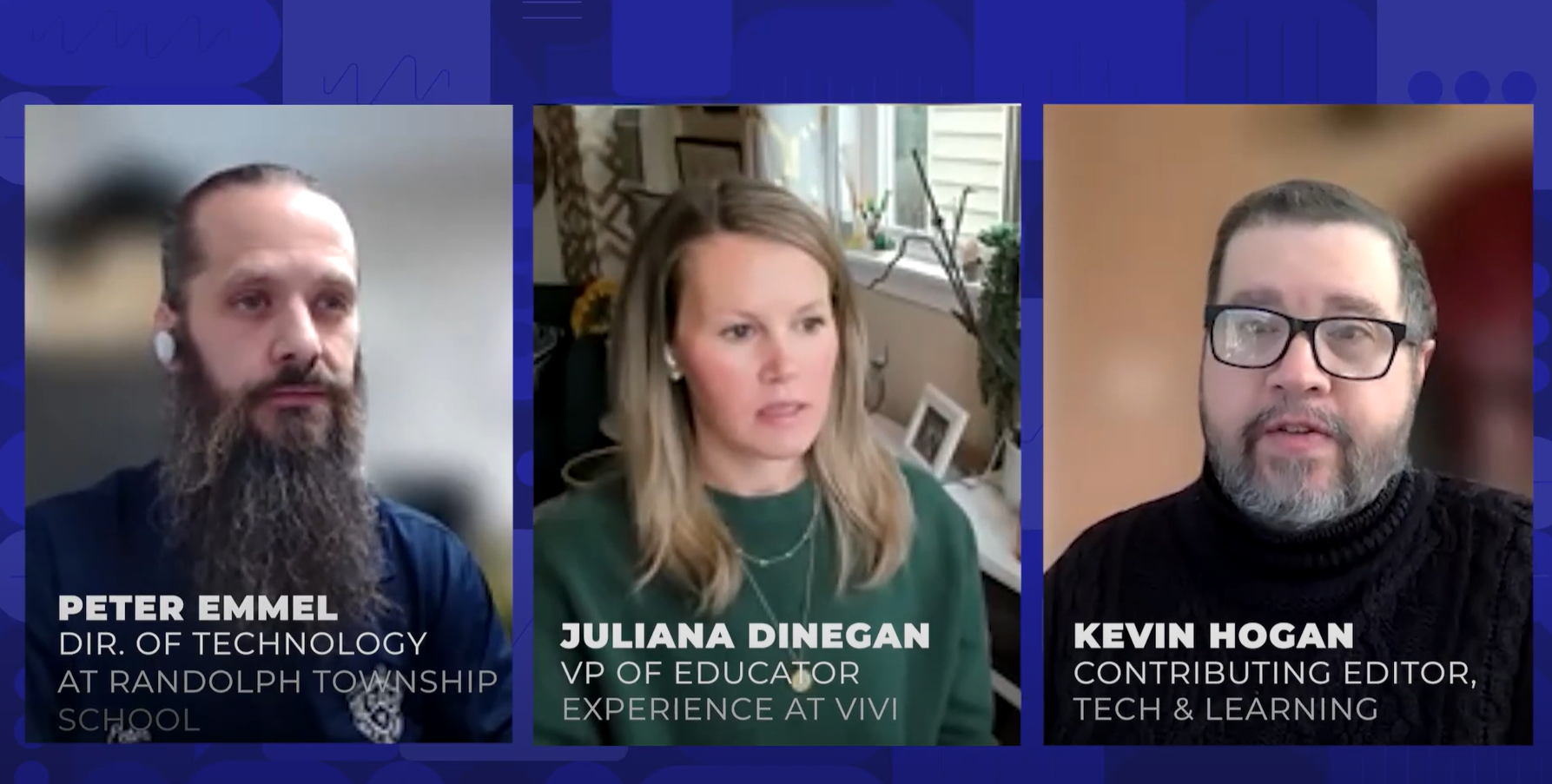Grant Guru Tip #39: Beyond the Three Easy Steps
The last tip from Gary Carnow gave you a broad outline of where to begin your search for funds in three easy steps. For experienced grant seekers, step one pointed you to www.grants.gov. Step two pointed you to resource materials available through The National Grants Management Association and The Foundation Center. The Grantsmanship Center is a good source for training. Particularly for classroom teachers, step three encouraged you to look at Grant Wrangler, Web English Teacher, and to look locally through your local educational agency.
This series of tips focuses on the process you go through to write a grant, not particularly where you find the funding. However, the two topics are intertwined. This tip explores some of the broader ways to think about funding, particularly for funding for Educational Technology.
Let’s begin by looking at Foundation funding. What is a foundation? The Foundation Center defines a foundation as “an entity that is established as a nonprofit corporation or a charitable trust, with a principal purpose of making grants to unrelated organizations or institutions or to individuals for scientific, educational, cultural, religious, or other charitable purposes.” See The Foundation Center’s Frequently Asked Questions for more information. A foundation may be public or private. A private foundation’s funds may come from one source (an individual, family or a corporation). A public foundation’s assets may come from many sources and may include other foundations, fees for service, individuals, and/or governmental agencies.
The key is finding a foundation that may be interested in funding your project. Some foundations are local and like to grant funds to local communities. Some foundations may be national or international in scope and look for funding projects across wide geographic areas. Begin your search locally by identifying tax-exempt charitable organizations in your local community that may be possible funders. To do so is actually easier than you think. Just go to the Community Funding locator on the Council on Foundations website. The interactive map of the United States will get you started. Here you will also find a link to the Worldwide Initiatives for Grantmaker Support (WINGS) to view their Community Foundation Activity Map for your search of non-US Community Foundations.
As you are probably aware from your own web searching, there are other sites beyond the aforementioned Grant Wrangler. Many of these sites offer grant listings without a fee. Here are a few of my favorites. Teachers should most definitely check out the National Education Association Foundation for the Improvement of Education. Here you will find a variety of opportunities aimed at teachers, education support professionals, and higher education faculty and staff.
The Education World website features a grants center and this particular page lists current grants. Here you will be able to sign-up for their free Education World Grants Newsletter as well as finding additional grant resources.
A discussion of web sources would not be complete without a visit to Kathy Schrock’s Guide for Educators. Click on “Business & Grants” under subject access and then select the tab “Grant Sources for Educators.”
Tools and ideas to transform education. Sign up below.
As you begin your Internet research you will be amazed at the number of opportunities that are available. One link will need to another. Bookmark your favorite sites as you explore. Print out hard copies of those that interest you and start a personal grant seeker’s notebook.
